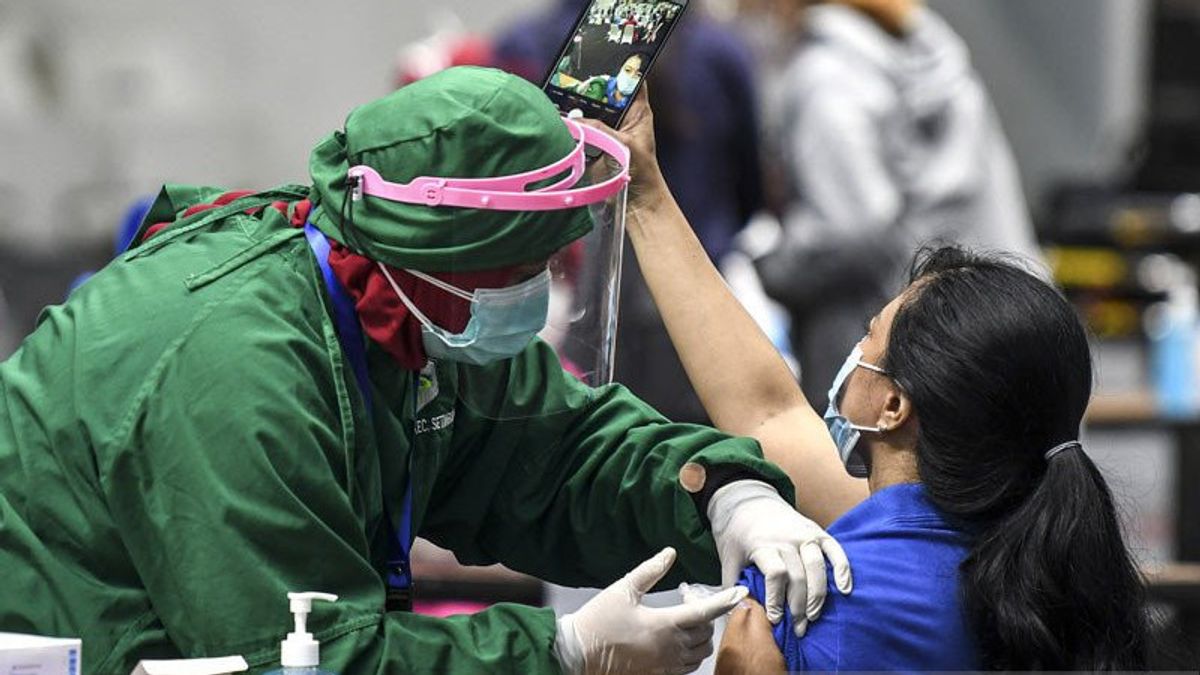JAKARTA - The government has officially submitted the 2022 State Budget Bill (RUU) to the DPR which was marked by the reading of a financial note by President Joko Widodo (Jokowi) at the annual session earlier this week.
Head of the Fiscal Policy Agency (BKF) of the Ministry of Finance, Febrio Kacaribu, said that the state budget plays a central role in protecting public safety and at the same time as a lever for economic recovery. This is reflected in the six main focuses in the 2022 APBN policy.
“First, to continue efforts to control COVID-19 while prioritizing the health sector. Second, maintaining the sustainability of social protection programs for the poor and vulnerable," he said in a press statement Wednesday, August 18.
Febrio added, the third focus was to strengthen the agenda for improving human resources with superior, integrity and competitiveness.
Then the fourth is continuing infrastructure development and increasing technological adaptability. Fifth, strengthening fiscal decentralization to increase and distribute welfare among regions.
"And the sixth is to continue budgeting reform by implementing zero-based budgeting to encourage more efficient spending, strengthening central and regional synergies, focusing on priority and results-based programs, and anticipating conditions of uncertainty," he said.
To note, the allocation of state expenditures in the 2022 State Budget is planned at IDR 2,708.7 trillion, which includes central government spending of IDR 1,938.3 trillion and transfers to regions and village funds of IDR 770.4 trillion.
Meanwhile, next year's health budget is planned at Rp255.3 trillion, or 9.4 percent of state spending.
Then, in terms of revenue, state revenue in 2022 will be Rp1,840.7 trillion, consisting of tax revenues of Rp1,506.9 trillion and Non-Tax State Revenues (PNBP) of Rp333.2 trillion.
Through the composition of expenditures and revenues, the budget deficit for the 2022 period is planned at 4.85 percent of GDP or Rp. 868.0 trillion.
"Next year's deficit plan which is smaller than the 2021 outlook has an important meaning as a step to achieve fiscal consolidation, considering that for 2023 the budget deficit is expected to return to a maximum level of 3 percent of GDP," closed Febrio.
The English, Chinese, Japanese, Arabic, and French versions are automatically generated by the AI. So there may still be inaccuracies in translating, please always see Indonesian as our main language. (system supported by DigitalSiber.id)











